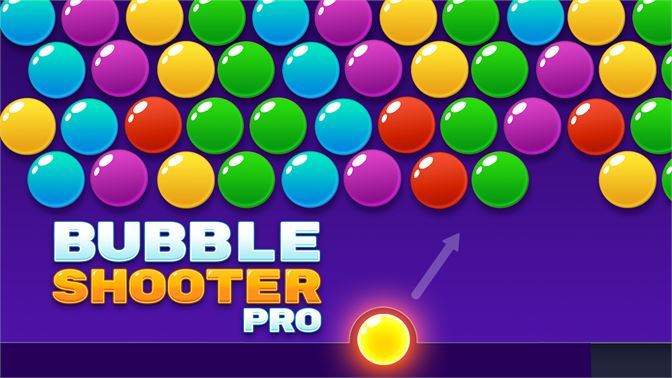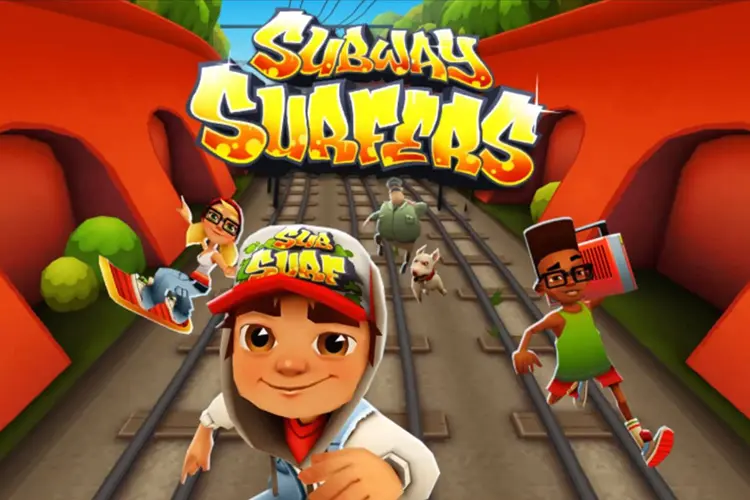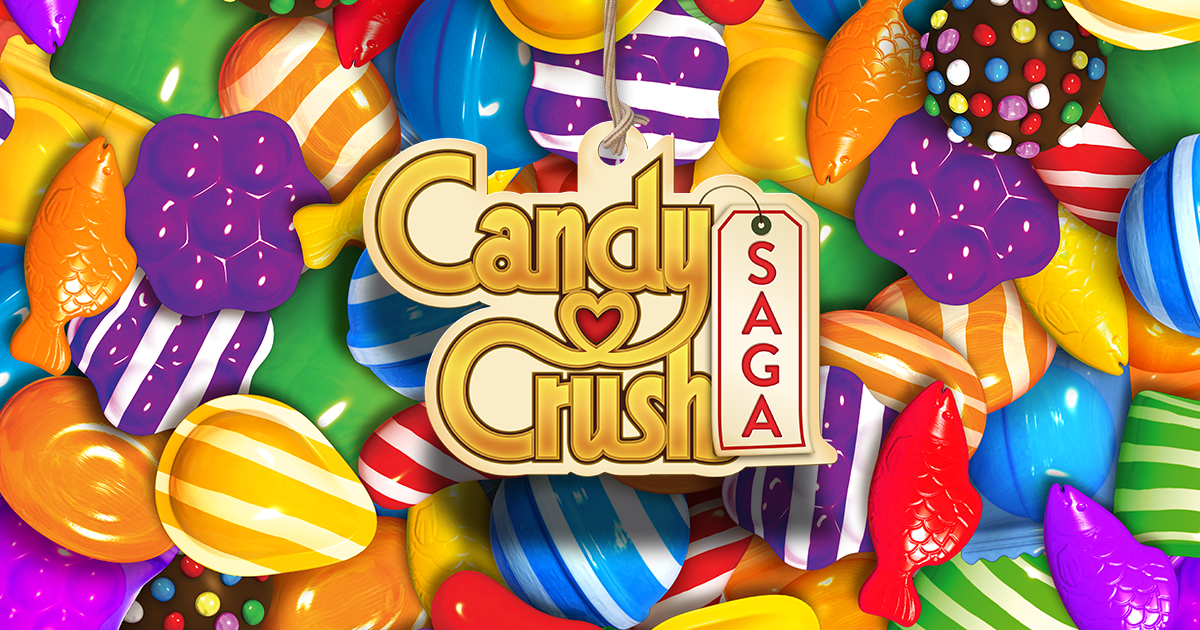HOW TO PLAY:
Tap the water to cast, or hit Enter
Word Fishing: A Creative Exercise in Language and Imagination
Word fishing is a fun and engaging activity that blends creativity with language skills. Whether you’re a writer looking to overcome writer’s block, a teacher seeking an innovative way to engage students, or simply someone who enjoys playing with words, word fishing offers a unique way to explore the vast ocean of language.What is Word Fishing?
Word fishing is a creative exercise where individuals “fish” for words from a pool of letters, phrases, or concepts. The goal is to combine these elements into meaningful words, sentences, or even stories. Much like fishing in a real body of water, word fishing requires patience, imagination, and a bit of luck. The activity can take various forms, from simple word games to more complex writing challenges. For example, participants might be given a set of random letters and asked to form as many words as possible within a time limit. Alternatively, they might draw words or phrases from a hat and craft a narrative that incorporates each element.The Benefits of Word Fishing:
Word fishing is more than just a playful pastime; it offers several cognitive and creative benefits:- Enhances Vocabulary: By fishing for words, participants naturally expand their vocabulary as they explore different word combinations and meanings.
- Boosts Creativity: The exercise encourages out-of-the-box thinking. Participants often have to come up with inventive ways to use the words or letters they “catch,” sparking creativity and imagination.
- Improves Language Skills: Regular practice of word fishing can sharpen one’s language skills, including spelling, grammar, and sentence structure.
- Reduces Stress: Like other forms of creative expression, word fishing can be a relaxing and stress-relieving activity. It allows individuals to focus on the joy of creating, rather than the pressure of perfection.
- Encourages Collaboration: In group settings, word fishing can be a collaborative activity that fosters teamwork and communication. Participants can work together to brainstorm and build upon each other’s ideas.
How to Start Word Fishing:
Word fishing can be tailored to fit any age group or skill level. Here are a few ideas to get started:- Random Letter Challenge: Write down a selection of random letters on slips of paper and place them in a bowl. Draw a set number of letters and challenge yourself or others to create as many words as possible using those letters.
- Story Fishing: Create a list of random words or phrases and place them in a hat. Draw a few and use them to craft a short story. The more unrelated the words, the more creative the story tends to be.
- Collaborative Word Fishing: In a group, have each person contribute one word to a shared list. Take turns using the words to create a sentence or paragraph, building a story as a team.
- Themed Word Fishing: Choose a theme, such as nature, technology, or emotions. Fish for words related to the theme and use them to write a poem, essay, or creative piece.








